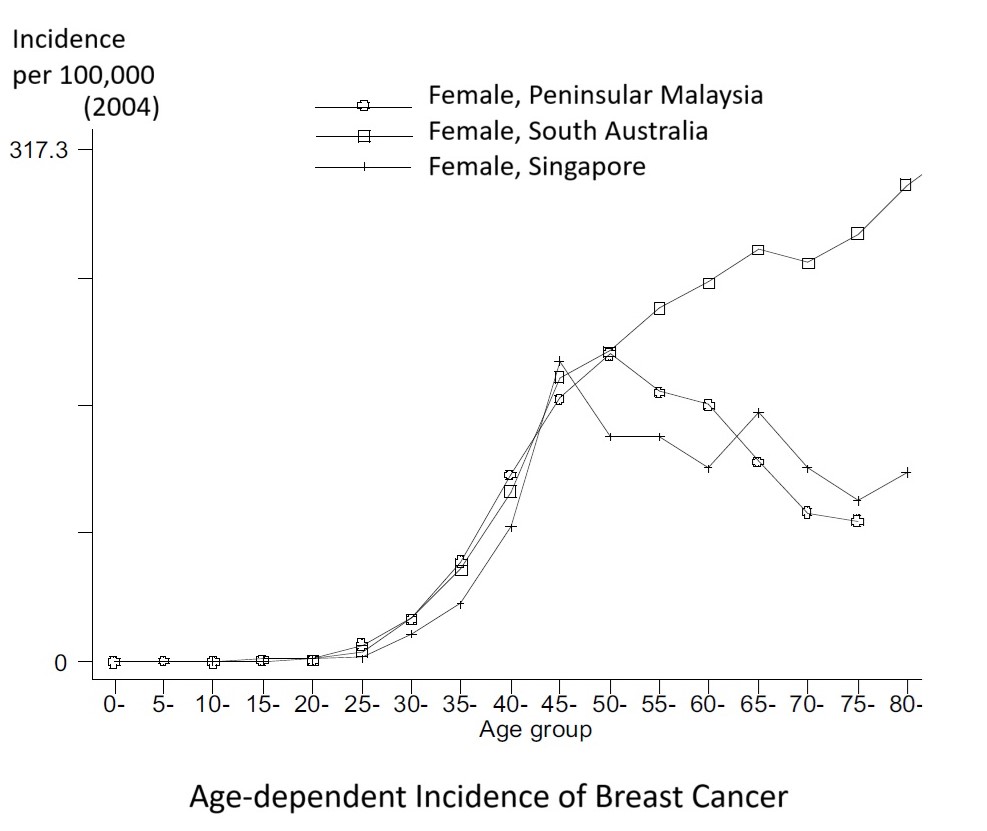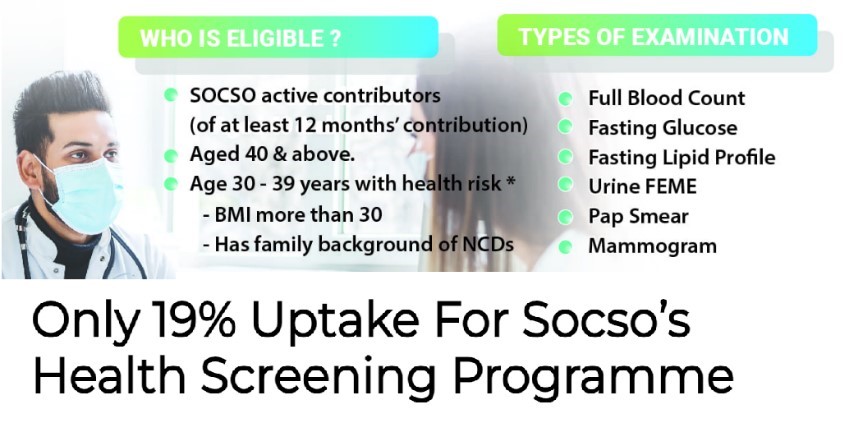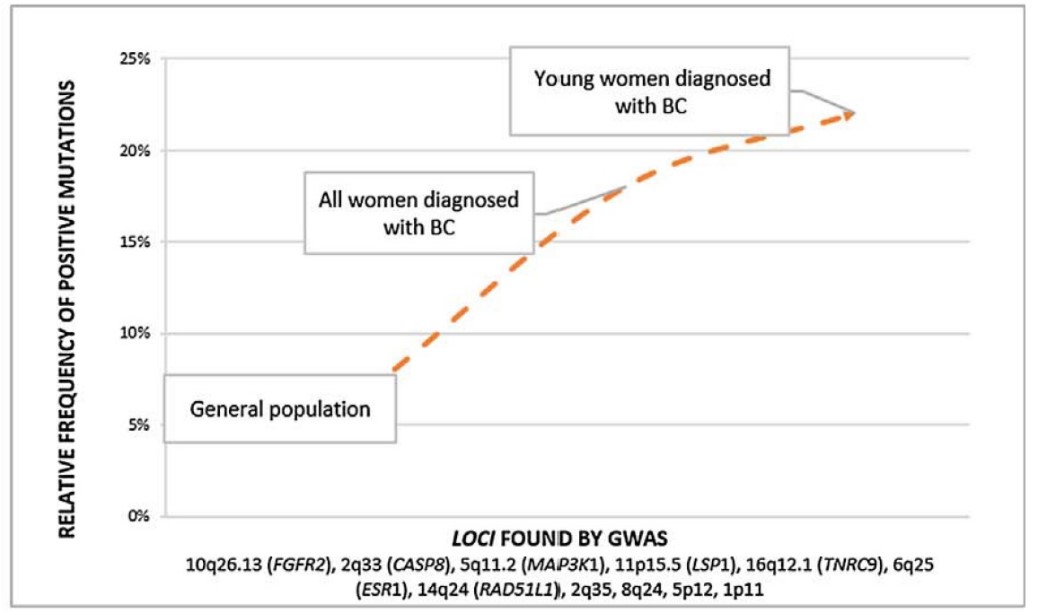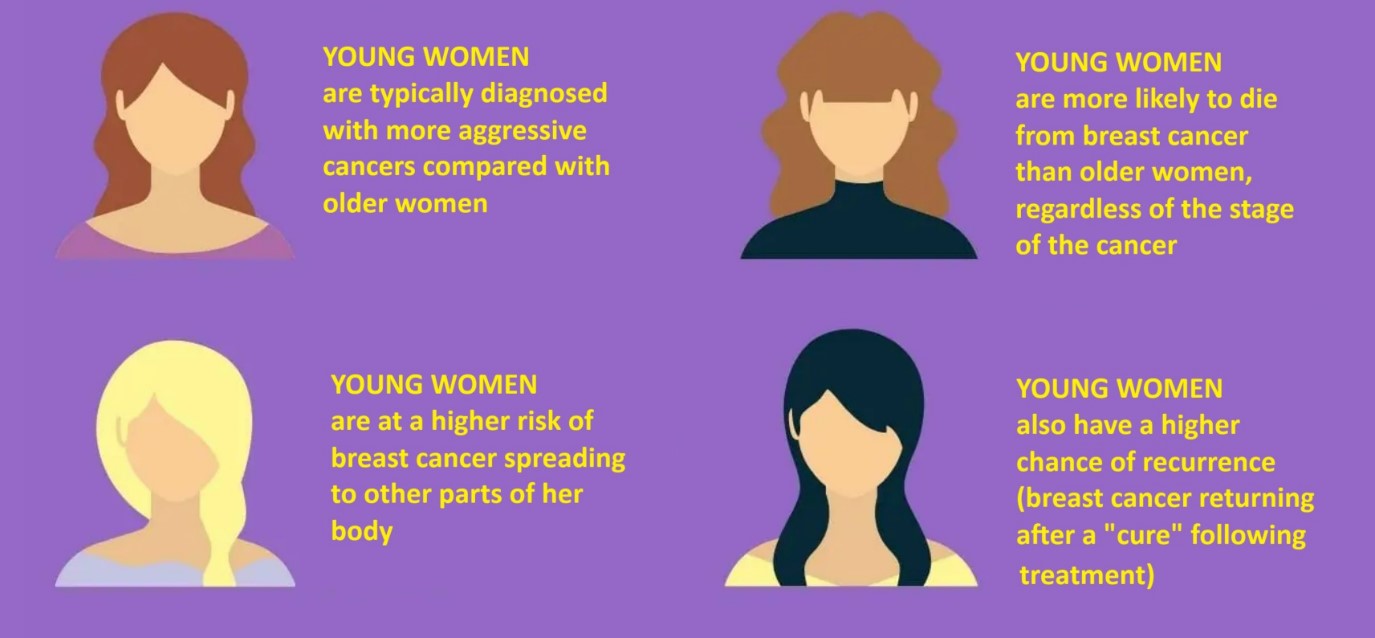Breast Cancer Awareness in Young Women
By Dr Helmi Ismail, Medical Advisor of PMCare
The Rising Concern of Breast Cancer in Young Women
Breast cancer is one of the most common cancers affecting women today, with a notable rise in young women. The European Society of Medical Oncology defines young as being under 40 years of age. While breast cancer is more prevalent in older women, recent studies reveal an alarming increase in the number of young women being diagnosed with this devastating illness. As such, it is crucial that breast cancer awareness and education efforts focus not just on the general population, but also specifically target younger demographics.

Perception Challenges
One of the biggest challenges regarding breast cancer in young women is the lack of awareness and proactive screening. Many young women mistakenly believe that breast cancer is an “older woman’s disease,” leading them to neglect regular self-examinations or recommended mammograms. However, research indicates that up to 25% of breast cancer cases occur in women under the age of 50. Without early detection, these cancers can progress rapidly and become more difficult to treat.
Recognizing the Signs
Another challenge is the fact that signs and symptoms of breast cancer can often be overlooked or mistaken for less serious conditions in younger women. Breast lumps, changes in breast size or shape, or nipple discharge may be dismissed as normal hormonal fluctuations or benign growths. This delay in diagnosis can be particularly harmful, as breast cancers in younger women tend to be more aggressive and even have a higher mortality rate.
Expanding Awareness Campaigns and Addressing the Needs of Young Women
In order to combat these challenges, breast cancer awareness campaigns must make a concerted effort to reach younger women. Educational initiatives in schools, colleges, and workplaces can play a vital role in teaching women in their 20s, 30s, and 40s about the importance of regular self-exams and clinical breast exams. Additionally, encouraging these younger demographics to be proactive in scheduling mammograms, particularly those with family histories or other risk factors, is key to early detection and better outcomes.

SOCSO offers free mammography for women aged 30 years and above. However, the uptake is dismal. Many do not understand the risks and are oblivious to the ongoing offerings.
Additionally, we need to focus on the needs of young women – the emotional, physical, and practical impacts can be especially challenging. Many may be in the prime of their careers, building relationships, or starting a family. Thus resources need to be made more readily available for young breast cancer patients. Access to counselling, peer support groups, fertility preservation options, and other specialized care can make a significant difference in helping young women cope with their diagnosis and treatment.
The Role of Research in Understanding Breast Cancer

At the same time, more research is needed to better understand the unique biology and risk factors of breast cancer in younger populations. Factors such as hormones, genetics, environmental exposures, and lifestyle choices may all contribute to the rising incidence of breast cancer in young women. By investing in targeted research, medical professionals can develop more effective prevention strategies, earlier detection methods, and tailored treatment approaches for this vulnerable demographic.
Conclusion
Ultimately, Raising awareness and empowering young women to take control of their breast health is crucial. While the overall breast cancer survival rates have improved in recent decades, younger patients still face disproportionately worse outcomes. By encouraging women to prioritize their health and understand their risk of breast cancer, we can move toward earlier detection, better treatment options, and, ultimately, saving more lives. Through continued education, advocacy, and medical advancements, the future holds promise for young women facing this formidable disease.
References:
- Epidemiology of Breast Cancer in Malaysia, Asian Pacific Journal of Cancer Prevention, Vo. 7, 2006.
- Breast cancer Genetics in Young Women, Mutation Research – Reviews in Mutation Research 774 (2017)
- What Is Known about Breast Cancer in Young Women? Cancers (Basel) 15(6): 1917 March 2023


